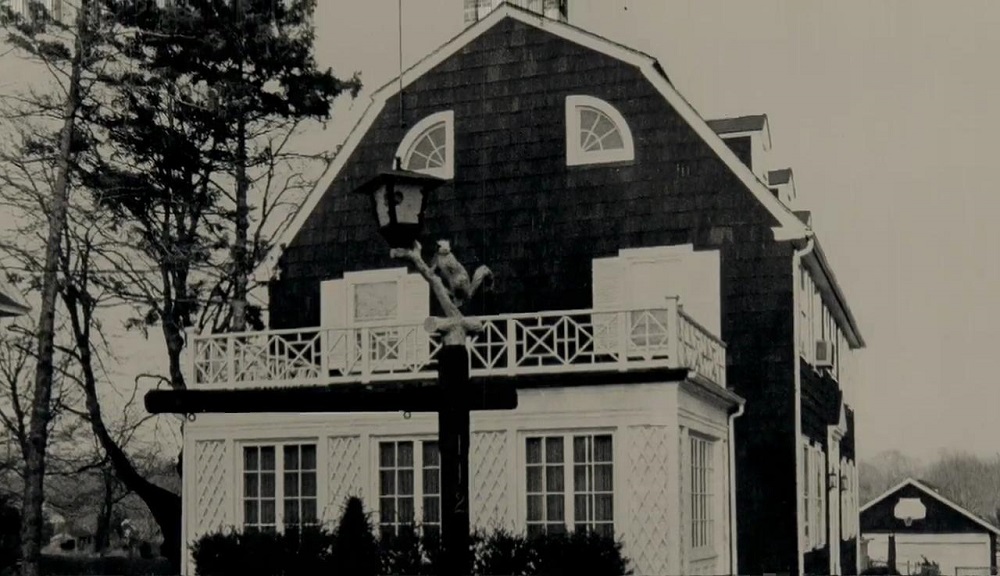
My Amityville Horror (2012)
by Sara Michelle Fetters - March 15th, 2013 - Movie ReviewsMy Amityville Horror has its merits, it’s just too bad the filmmakers couldn’t have delved a little deeper or pushed a bit harder in order to give Daniel’s story the weight, power and poignancy it potentially deserves.
My Amityville Horror has its merits, it’s just too bad the filmmakers couldn’t have delved a little deeper or pushed a bit harder in order to give Daniel’s story the weight, power and poignancy it potentially deserves.
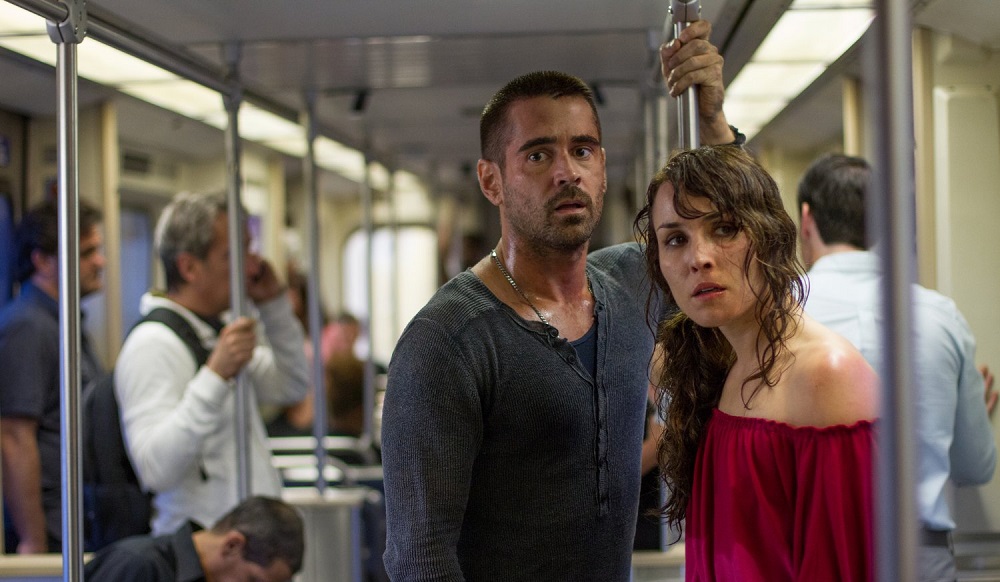
Dead Man Down (2013)
by Sara Michelle Fetters - March 8th, 2013 - Movie ReviewsDead Man Down is a solid little thriller, one that takes its time to develop the principals, giving them reasons to connect and trust one another, and even if everything concludes in a rather familiar fashion that’s not too terrible a problem, the director hitting the requisite beats with a scruffy relish that fits the genre nicely.
Dead Man Down is a solid little thriller, one that takes its time to develop the principals, giving them reasons to connect and trust one another, and even if everything concludes in a rather familiar fashion that’s not too terrible a problem, the director hitting the requisite beats with a scruffy relish that fits the genre nicely.
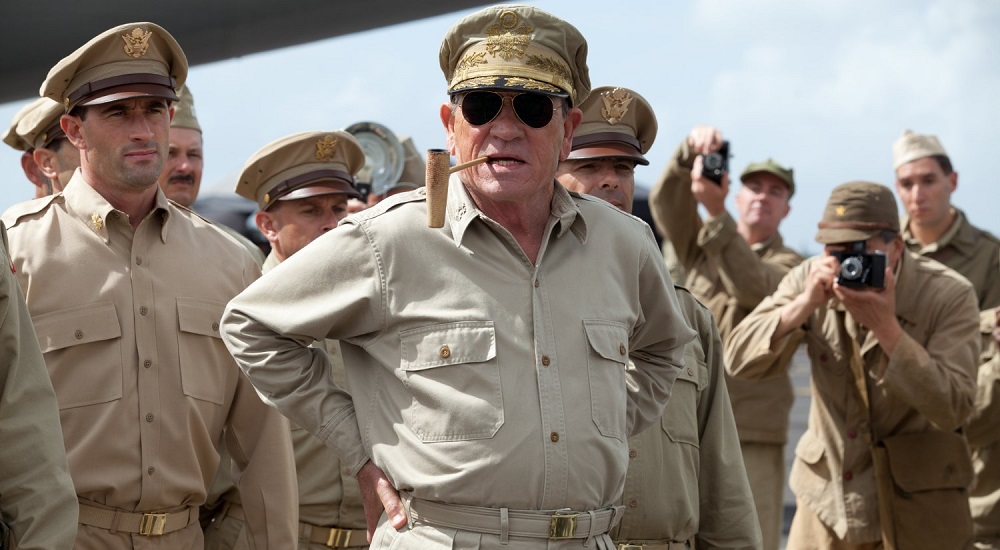
Emperor (2012)
by Sara Michelle Fetters - March 8th, 2013 - Movie ReviewsEmperor isn’t a great film, and I’m not even sure I could go so far as to call it a good one. But it does have great moments, and while Jones isn’t front and center his memorable take on one of America’s most enigmatic, polarizing and famous military leaders is still sensational.
Emperor isn’t a great film, and I’m not even sure I could go so far as to call it a good one. But it does have great moments, and while Jones isn’t front and center his memorable take on one of America’s most enigmatic, polarizing and famous military leaders is still sensational.
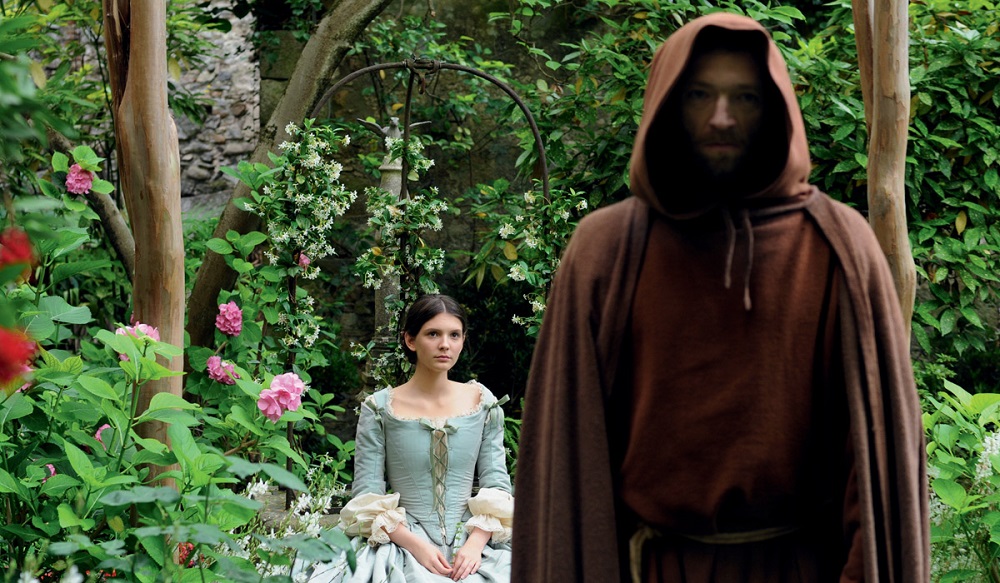
The Monk (2011)
by Sara Michelle Fetters - March 8th, 2013 - Movie ReviewsWith Cassel’s masterful performance the glue holding everything together, The Monk rises above the fray to become something memorable, its spiritual search a mystery worth the time it takes to solve.
With Cassel’s masterful performance the glue holding everything together, The Monk rises above the fray to become something memorable, its spiritual search a mystery worth the time it takes to solve.

Oz the Great and Powerful (2013)
by Sara Michelle Fetters - March 8th, 2013 - Movie ReviewsWhile I did like a lot of Oz the Great and Powerful, and while I can give it something of a begrudging recommendation, I do feel the movie never lives up to its potential. Baum’s magic is still evident, filtering in and out like a lightning bold shooting across the night’s sky. There’s just not enough of it for the film to pull off any of its signature tricks, the wizard calling all the shots stuck behind the curtain with nothing substantive to show for any of his efforts.
While I did like a lot of Oz the Great and Powerful, and while I can give it something of a begrudging recommendation, I do feel the movie never lives up to its potential. Baum’s magic is still evident, filtering in and out like a lightning bold shooting across the night’s sky. There’s just not enough of it for the film to pull off any of its signature tricks, the wizard calling all the shots stuck behind the curtain with nothing substantive to show for any of his efforts.
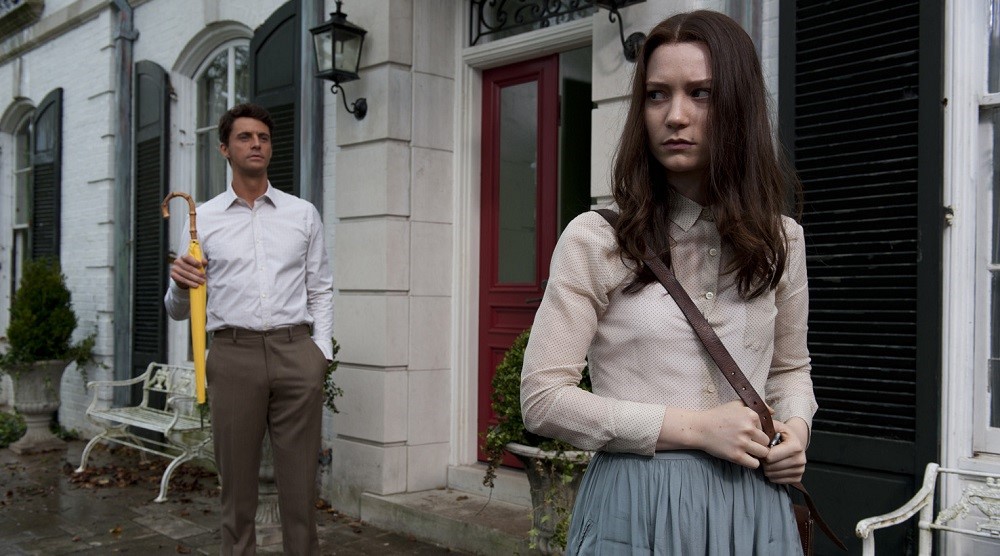
Stoker (2013)
by Sara Michelle Fetters - March 8th, 2013 - Movie ReviewsStoker will be polarizing, of that I have no doubt. Some will become so enraptured by Park’s visual aesthetic and by the seemingly effortless way in which he moves his actors across the screen little else will matter. For my part, sadly the scenario at the center of this Southern gothic whirlwind never took flight, pretty images and poetic blood-splatters not nearly enough to make sitting through it all worthwhile.
Stoker will be polarizing, of that I have no doubt. Some will become so enraptured by Park’s visual aesthetic and by the seemingly effortless way in which he moves his actors across the screen little else will matter. For my part, sadly the scenario at the center of this Southern gothic whirlwind never took flight, pretty images and poetic blood-splatters not nearly enough to make sitting through it all worthwhile.
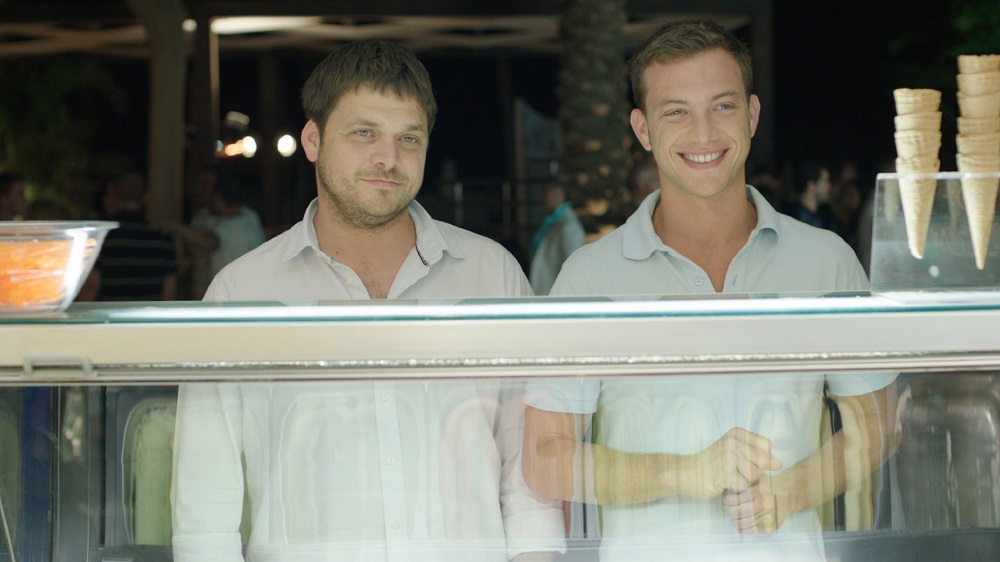
Yossi (2012)
by Sara Michelle Fetters - March 8th, 2013 - Movie ReviewsAs return engagements go Yossi is something of a surprising powerhouse and an unquestioned success for Fox. The now established filmmaker shows just how much he’s blossomed and grown as a storyteller, his subtle touch a refreshing reminder that familiar stories can still intimately connect when they are delivered with honesty and respect.
As return engagements go Yossi is something of a surprising powerhouse and an unquestioned success for Fox. The now established filmmaker shows just how much he’s blossomed and grown as a storyteller, his subtle touch a refreshing reminder that familiar stories can still intimately connect when they are delivered with honesty and respect.
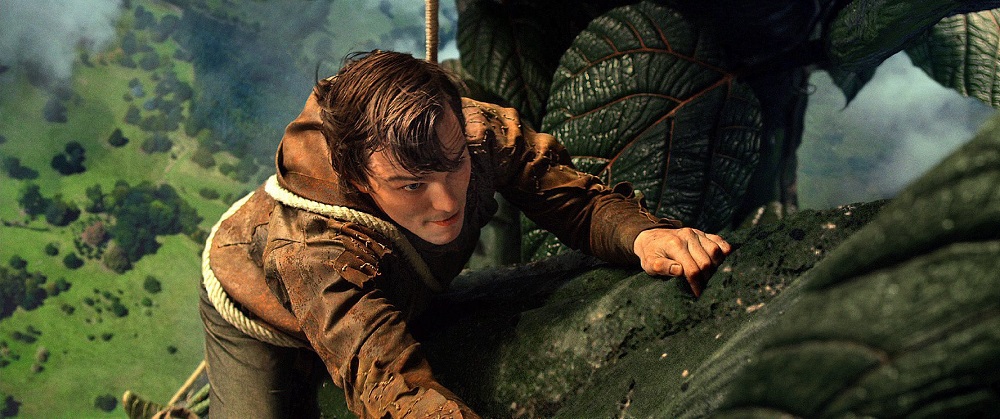
Jack the Giant Slayer (2013)
by Sara Michelle Fetters - March 1st, 2013 - Movie ReviewsWhile it’s apparent the director would have liked to have taken some darker turns, what he has delivered is a family-friendly adaptation of the timeless tale kids and adults should enjoy equally, and for that fact alone I find Jack the Giant Slayer to be a towering success that’s sure to grow on me the more I ponder it.
While it’s apparent the director would have liked to have taken some darker turns, what he has delivered is a family-friendly adaptation of the timeless tale kids and adults should enjoy equally, and for that fact alone I find Jack the Giant Slayer to be a towering success that’s sure to grow on me the more I ponder it.
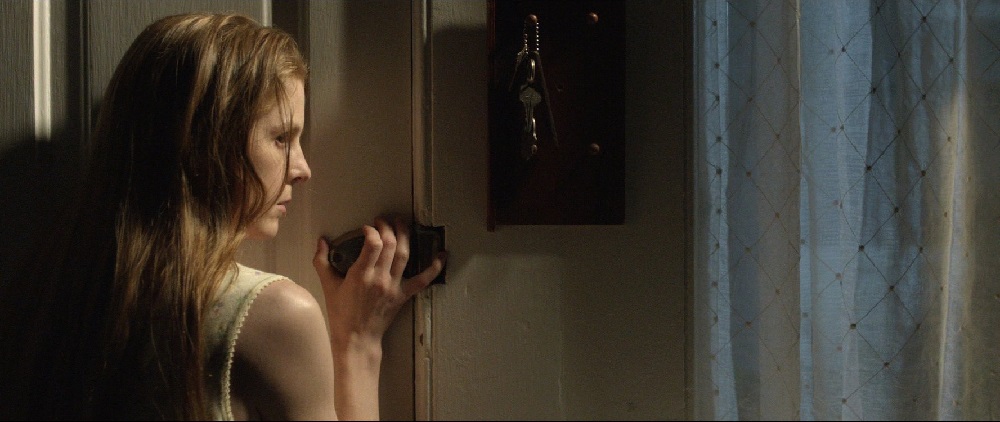
The Last Exorcism Part II (2013)
by Sara Michelle Fetters - March 1st, 2013 - Movie ReviewsThe Last Exorcism Part II wants to be the fiery conclusion to an epic tale but what it really ends up being is just another subpar horror effort wasting the time and talents of virtually everyone involved. This isn’t frightening, it’s just unfortunate, and I seriously doubt there will be many who watch the film who will end up feeling differently.
The Last Exorcism Part II wants to be the fiery conclusion to an epic tale but what it really ends up being is just another subpar horror effort wasting the time and talents of virtually everyone involved. This isn’t frightening, it’s just unfortunate, and I seriously doubt there will be many who watch the film who will end up feeling differently.